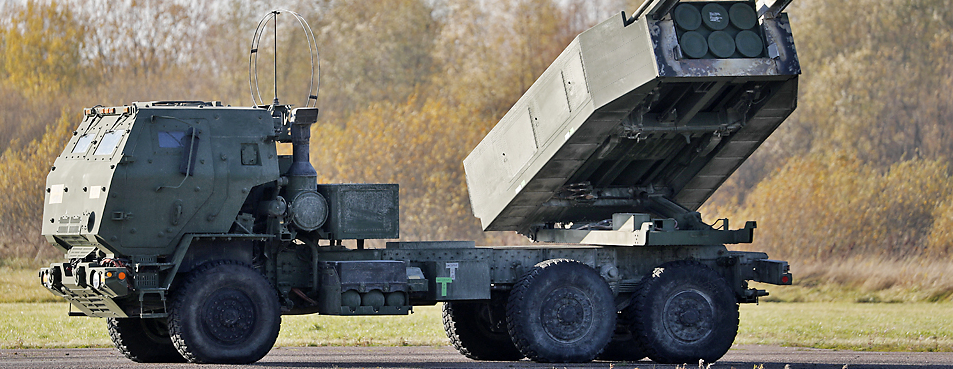JAKARTA – NASA Forced to postpone the launch of the Artemis 1 rocket as part of a mission to the moon, the cause was reportedly Hurricane Ian hitting the east coast of the United States.
Reported from space, Tuesday (4/10/2022), the postponement of the mission to the Moon, reportedly until mid-November 2022.
Previously, NASA had planned to launch the Artemis 1 mission on Tuesday (9/27/2022), but it had to be canceled because Hurricane Ian hit the state of Florida.
The same coastal area in Florida is the home of the Kennedy Space Center (KSC) which is the launch center of NASA.
The extraordinary storm forced NASA to move Artemis I from Launch Pad 39B at KSC to its hangar at the Vehicle Assembly Building (VAB) in order to prevent damage from the storm.
According to the latest information from NASA, the Space Launch System rocket and the Orion Capsule that will be part of the Artemis 1 mission were not damaged by the storm.
However, due to Hurricane Ian, NASA was forced to postpone the launch of Artemis 1 between 12 and 27 November.
“The time for launch is allowed until November. For Kennedy employees, take care of the needs of their families and homes after the storm. Then perform further inspections before returning to the runway for the launch,” explained the NASA in an official statement.
After Artimes 1 returns to the VAB, the NASA team will then conduct a series of inspections first. One of them, namely the new Flight Termination System (FTS) test.
Under the rules of the US Space Force which oversees rocket launches on the east coast of the United States, the FTS should be retested every 20 days.
This control is very important, because FTS is a system designed to destroy the rocket automatically, if the rocket moves during launch.
For information, Artemis 1 is the first mission of the Artemis program. The program was launched 50 years after the Apollo missions ended, to land NASA astronauts on the lunar surface and establish a permanent colony in the late 1920s.
Hopefully, Artemis 1, which is an unmanned mission, will take the Orion capsule to the moon and return to Earth. Then, it will be followed by Artemis 2 which is expected to take astronauts into orbit around the Moon in 2024.
–
–


